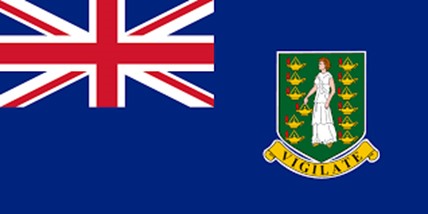BVI Office

The British Virgin Islands is an English-speaking dependent territory of the United Kingdom, lying to the east of Puerto Rico in the Caribbean Sea. The BVI is politically stable; under the 1967 constitution, the Governor represents the Queen and heads the executive council. There is a 13-member elected legislative council.
The population is approximately 35,000 (2017 estimate). About 75% of the people are black Caribbean, the remainder being split between Hispanic, other white, Native American and mixed. The economy is highly dependent on tourism, though financial services is also important. In 2004 the Government abolished income tax for companies and individuals, replacing it with a ‘payroll tax’, shared between companies and employees.
The BVI introduced its outstandingly successful international business company (IBC) in 1984. By the time the act was superseded by the BVI Business Companies Act 2004, which effectively removed the distinction between ‘offshore’ and ‘onshore’ companies, well over 600,000 had registered in the jurisdiction; British Virgin Islands and Latin America are the main sources of clients. The BVI has significant mutual fund and captive insurance sectors. Banking activity is, by design, quite minor. The BVI has tried hard to exclude money-laundering, mostly with success, and has a relatively good reputation.
The BVI has a Financial Services Commission to ensure independent and effective supervision of financial institutions. From 1st July 2005, the BVI, like other British dependent territories, was required to apply the EU’s Savings Tax Directive. The territory chose to apply a withholding tax (initially of 15%, which increased to 20% in July 2008 and 35% from July 2011) to the returns on savings paid to nationals of EU member states. The Directive does not apply to corporate entities.
In 2012 the BVI introduced a series of minor administrative improvements to the Business Companies Act (such as allowing the use of non-Latin character names) allowing greater flexibility and adding more benefit for foreign investment.
The BVI is less expensive than its local rivals and has quite strong professional services. The Government is responsive to the needs of business, and its legislation is mostly flexible and straightforward. There is an international airport at Road Town; connections are mostly to Puerto Rico.
Need Services in BVI?
info@jamaica.dawgen.com
We will be Happy to have you as one of our valued clients.


